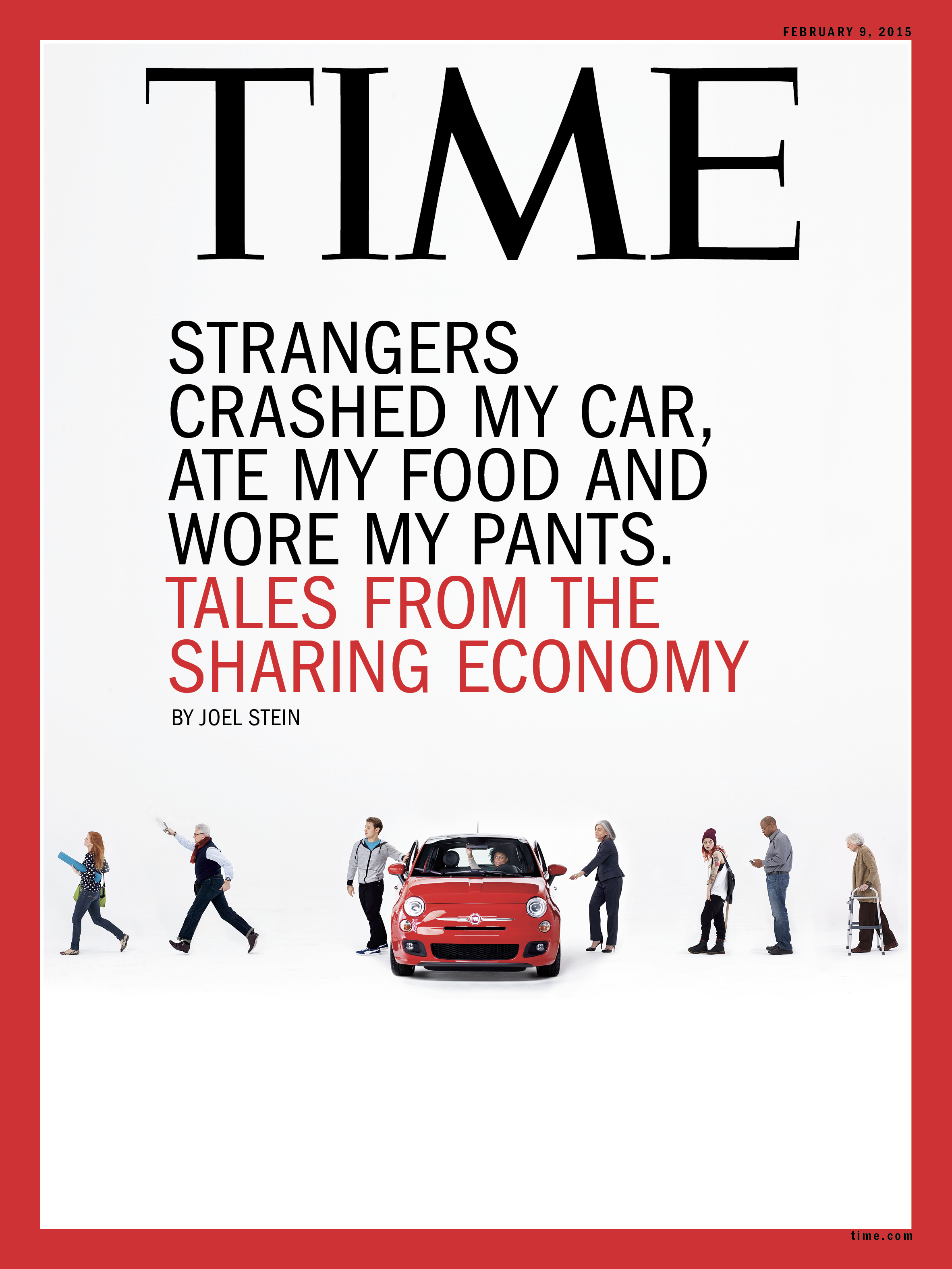
In TIME’s new cover story, Joel Stein takes readers on a wild ride through the sharing economy—renting out his car, chauffeuring people around late into the night, making dinner for strangers and even toying with the idea of doing other people’s laundry. To read the full post, please subscribe to TIME. Here are five big takeaways about why we trust strangers with our stuff, our lives and our homes.
These companies are more successful than investors ever thought possible
Airbnb was rejected by almost every venture capitalist it pitched itself to. But now an average of 425,000 people use it every night worldwide, and the company is valued at $13 billion, almost half as much as 96-year-old Hilton Worldwide. Uber is valued at $41.2 billion, one of the 150 biggest companies in the world–larger than Delta, FedEx or Viacom.
You can thank eBay (and Apple and Amazon and PayPal and Google) for trusting online strangers
To get here, we needed eBay, PayPal and Amazon, which made it safe to do business online. We needed Apple and Google to provide GPS and Internet-enabled phones that make us always reachable and findable. And we needed Facebook, which made people more likely to actually be who they say they are.
Lyft training is pretty fun
Stein signed up to be a Lyft driver and recalls what happened after he passed a background check: “I went to a training session, where a guy on a yoga ball asked me and 14 other future unprofessional drivers questions like “If You could give a ride to anyone, living or dead, who would it be?” I went with “living” and was tossed a reward of a Dum Dum lollipop.”
Millennials are doing something right (for once)
The homes of rich people and millennials are increasingly stark; only poorer people are still piling up stuff in their guest showers and storage units. Almost all happiness studies show that experience increases contentment far more than purchases do, and young people intrinsically understand that, fueling an experience economy.
It makes people nicer
No matter how well trained service employees might be, everyone is nicer when they’re dealing with customers directly. Even customers. Nearly everyone who stays at an Airbnb rental, for instance, hangs up their bathroom towels after they use them. You do not want to ask a hotel manager what guests do with their towels. When RelayRides, a car-sharing startup, installed a gizmo in renters’ cars that allowed them to unlock it without meeting up to hand over the keys, satisfaction went down nearly 40% and complains shot up fivefold. When they met in person, renters kept their cars cleaner and returned them on time way more often.
See the 10 Healthiest Cities to Live in America



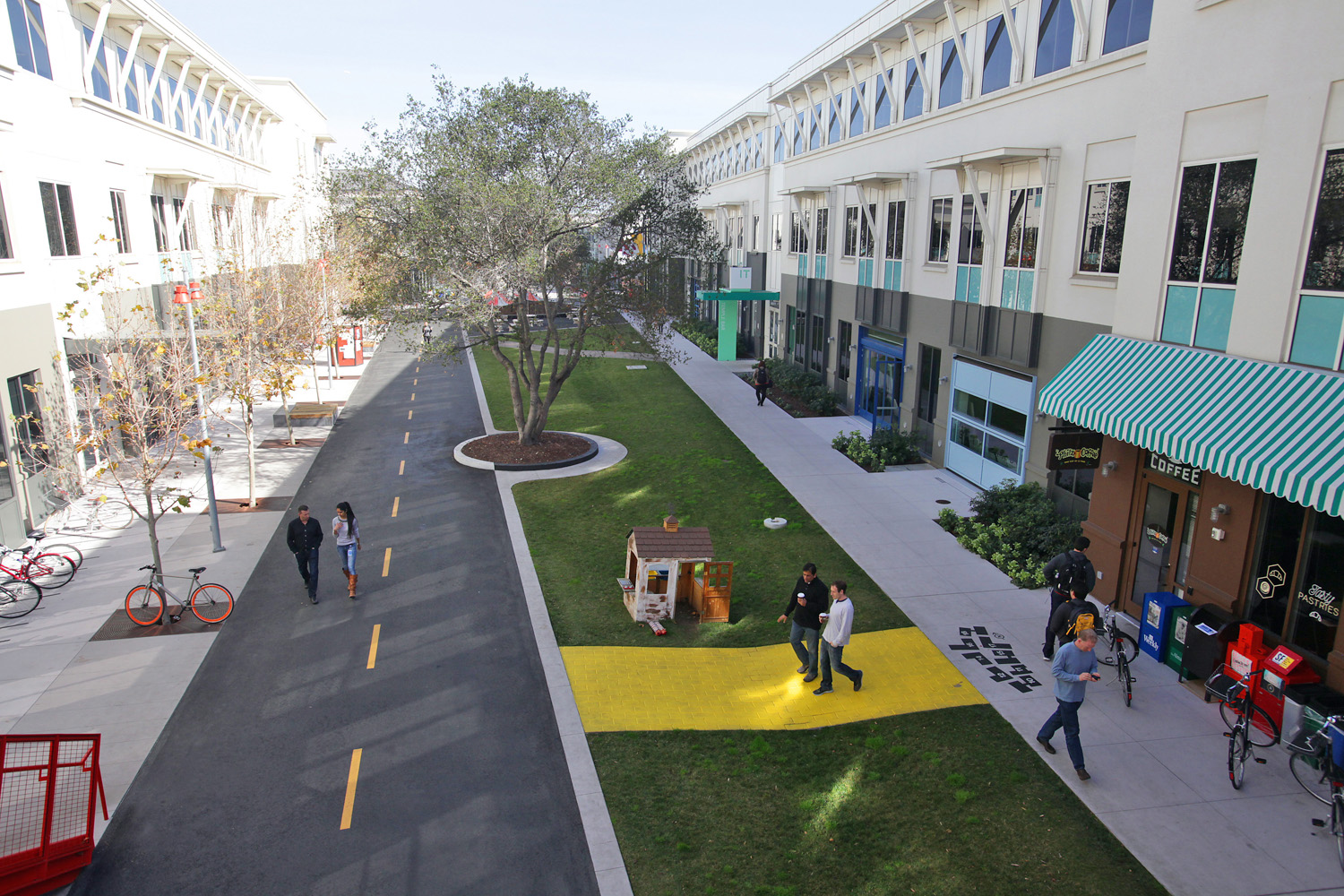
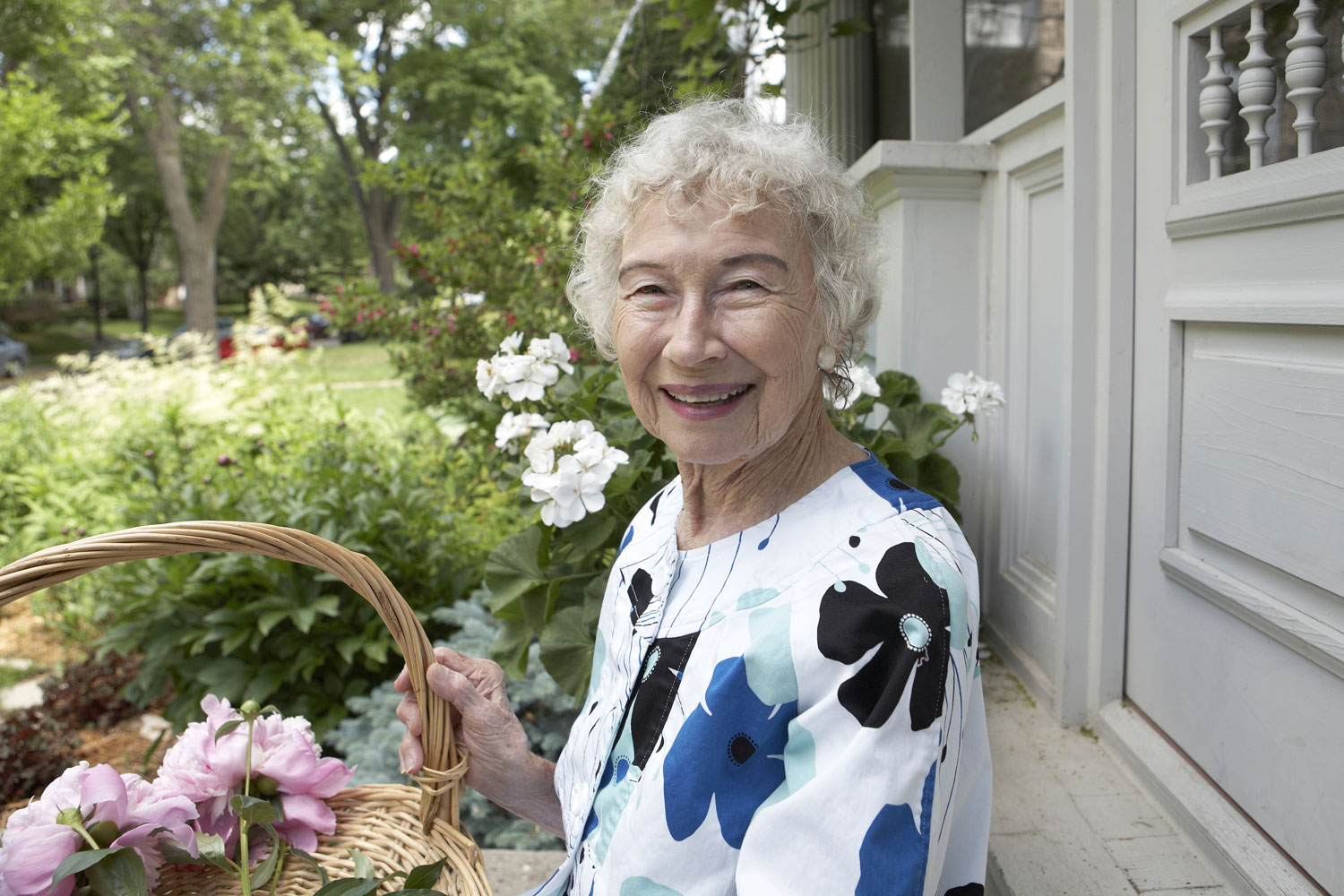

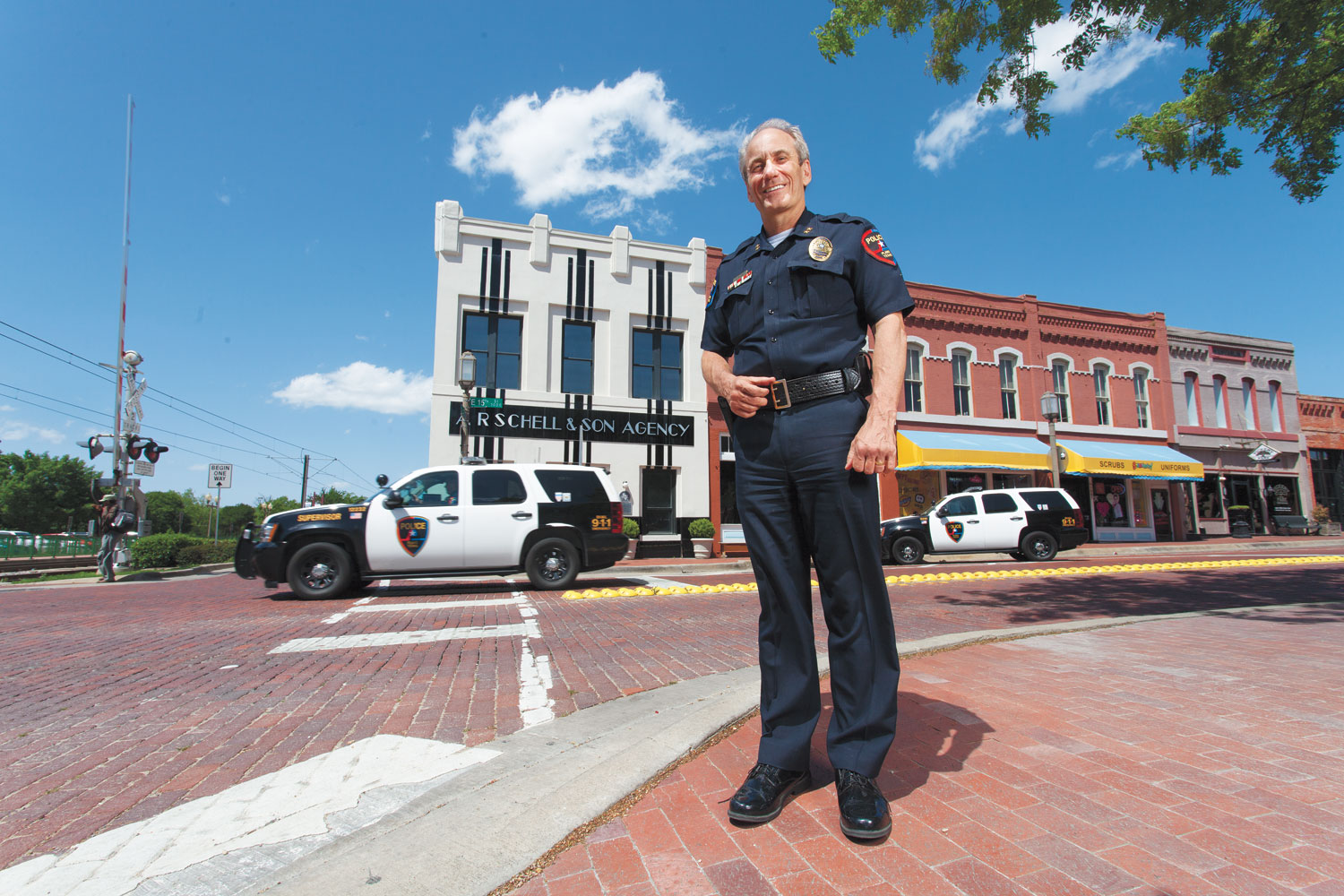
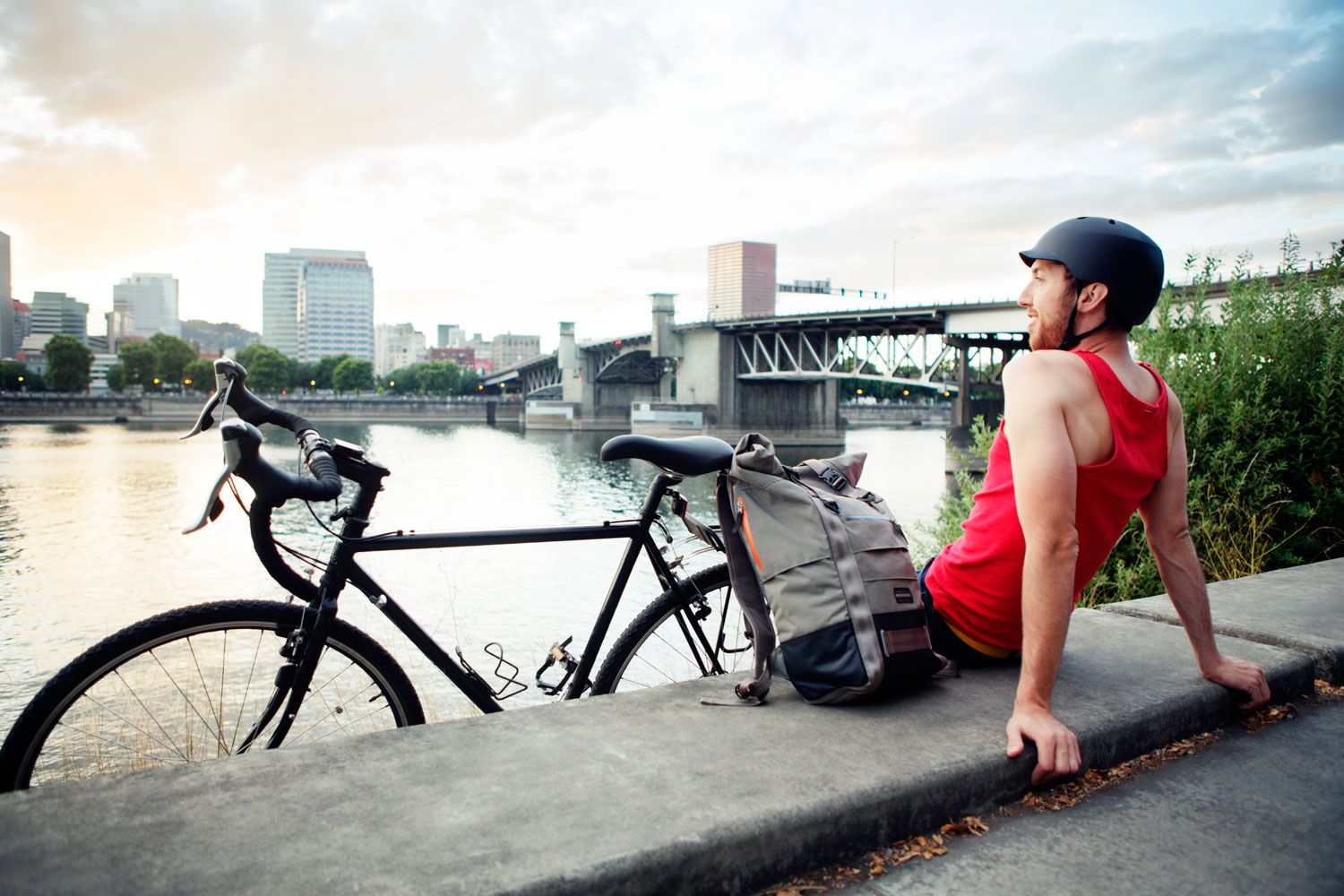
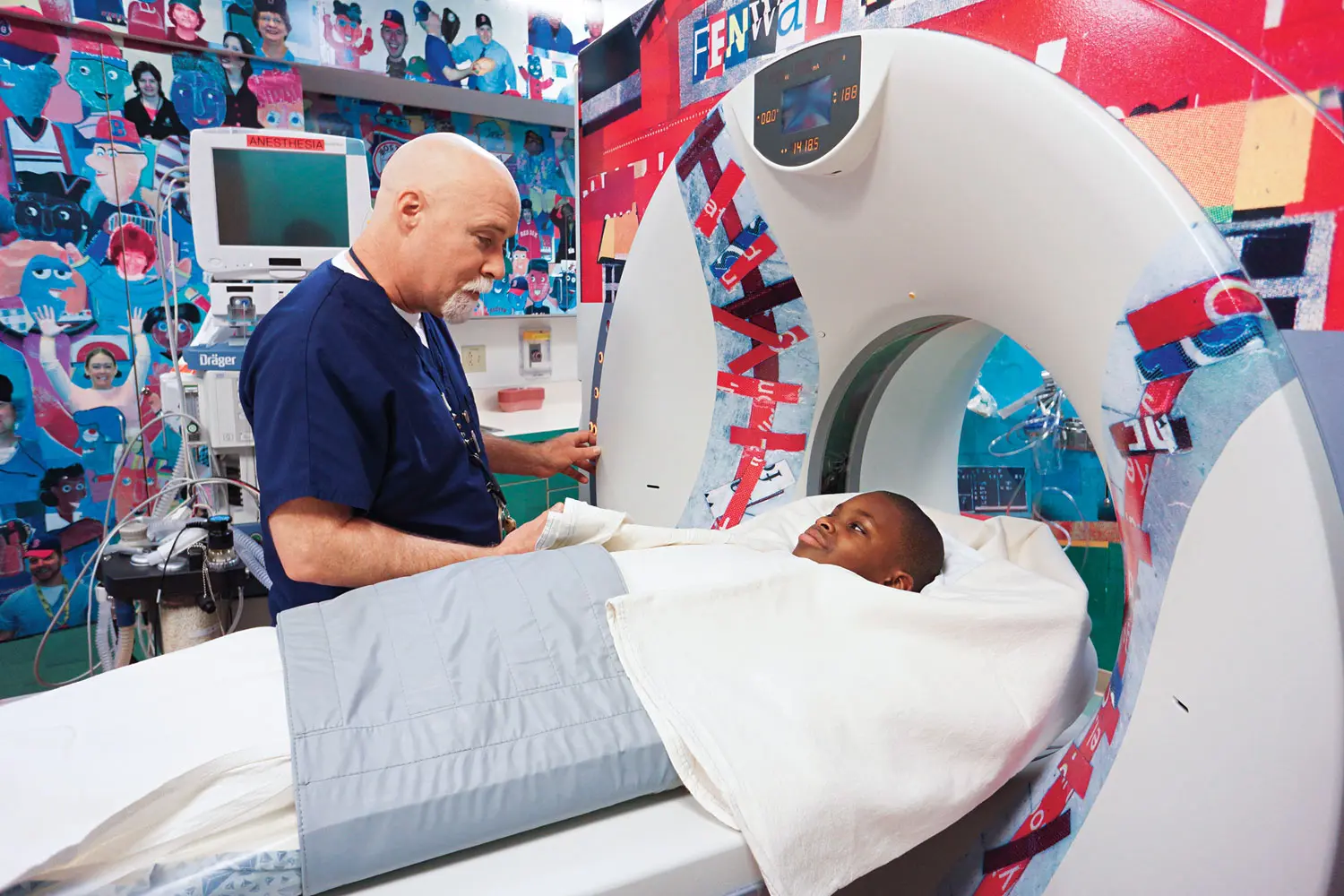

More Must-Reads from TIME
- Why Trump’s Message Worked on Latino Men
- What Trump’s Win Could Mean for Housing
- The 100 Must-Read Books of 2024
- Sleep Doctors Share the 1 Tip That’s Changed Their Lives
- Column: Let’s Bring Back Romance
- What It’s Like to Have Long COVID As a Kid
- FX’s Say Nothing Is the Must-Watch Political Thriller of 2024
- Merle Bombardieri Is Helping People Make the Baby Decision
Contact us at letters@time.com